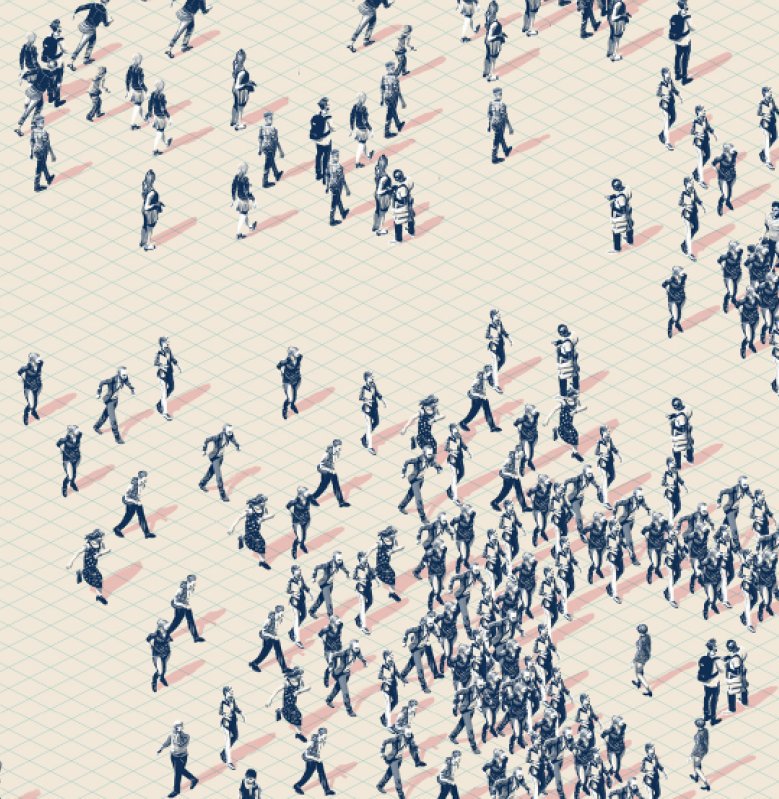eupinions poll: European voters worry over cost of Ukraine war as support wobbles

Most Europeans continue to look favourably on EU governments’ support for Ukraine after nearly two years of war with Russia. But as campaigning begins for European elections in June, a new poll by eupinions reveals concern about the economic impact of the conflict and reconstruction in Ukraine. There are signs, too, that resolve is fading, especially in some key countries such as Germany and Poland, over supplying arms, welcoming Ukrainian refugees or letting Ukraine join the European Union. Belgians share those economic worries but remain generally more consistent in support of Kiev.
The latest quarterly EU-wide survey by eupinions, the Bertelsmann Stiftung’s European opinion research tool which is supported by the King Baudouin Foundation, was conducted during September. The survey on attitudes to EU policy has comparative data stretching back to 2015 and has included questions on Ukraine since March 2022, just after the Russian invasion. Soundings on economic and financial issues related to Ukraine were added in the latest questionnaire.
These found that a clear majority of EU citizens, despite overall sympathy for efforts to help Ukrainians, are worried about how that may affect the economy in their own country. Across the bloc, 59% of people think that the reconstruction of Ukraine will impose an economic burden, a figure that rises to fully 70% when posed in Germany, the Union’s biggest economy. Among Belgians, 56% see a burden and 44% an opportunity. Only in Poland do people see more opportunity than downside in rebuilding their large neighbour – and then only by a narrow margin.
There is majority backing for financial assistance to Ukraine when it starts to rebuild after the conflict and to prepare for joining the EU. However, this is well below the levels of support for the first solidarity measures in the aftermath of Moscow’s surprise attack. While 56% of respondents said Ukraine should get funding for reconstruction, fully one in five Europeans – 21% – were flatly against that. In Germany, which funds a quarter of the EU budget, 27% are opposed compared to 53% in favour. In France, the second largest budget contributor, support for financial aid to Ukraine was the most tepid, at 48% of those questioned. In Belgium, too, support for financial help was below the EU average, at 52%, while 24% of Belgians were against giving such money to Kiev.
Combined with slippage in other indicators of support for Ukraine, the researchers found that this new data highlights a possibility that political actors friendlier to Russia and opposed to the current EU consensus could exploit economic worries among voters to increase their representation in the European Parliament at elections in June.
Belgians have remained more consistent than many other Europeans in their positions toward Ukraine and this support today is broadly in line with the EU average. Some 63% of Belgians still back sending EU arms to Kiev compared to 65% in March 2022 (and 58% would still send Belgian weapons compared to 60% 18 months earlier). Since the start of the war, Belgian support for Ukraine joining the EU has edged down two points to 62% and for taking in refugees by eight points to 76%.
In contrast, support for the EU sending arms to Ukraine has dropped by seven points in both France and Germany. Overall European support for Ukraine joining the Union has fallen six points from the start of the war, it is down fully 12 points in Poland. And while 75% of Europeans still say Ukrainian refugees are welcome, compared to 86% after the invasion, there have been big falls of 18 points to 65% in Poland and 16 points to 70% in Germany.
“This may present campaigning opportunities for radical political actors across the EU,” say Catherine de Vries and Isabell Hoffmann of eupinions. “As we enter election season, leaders across Europe should articulate more clearly why support for Ukraine is relevant to their constituencies. Their opponents certainly won’t hesitate to exploit doubt and uncertainty.”
For further details, see the research paper A Burden or a Bond? and Ukraine Trends September 2023.